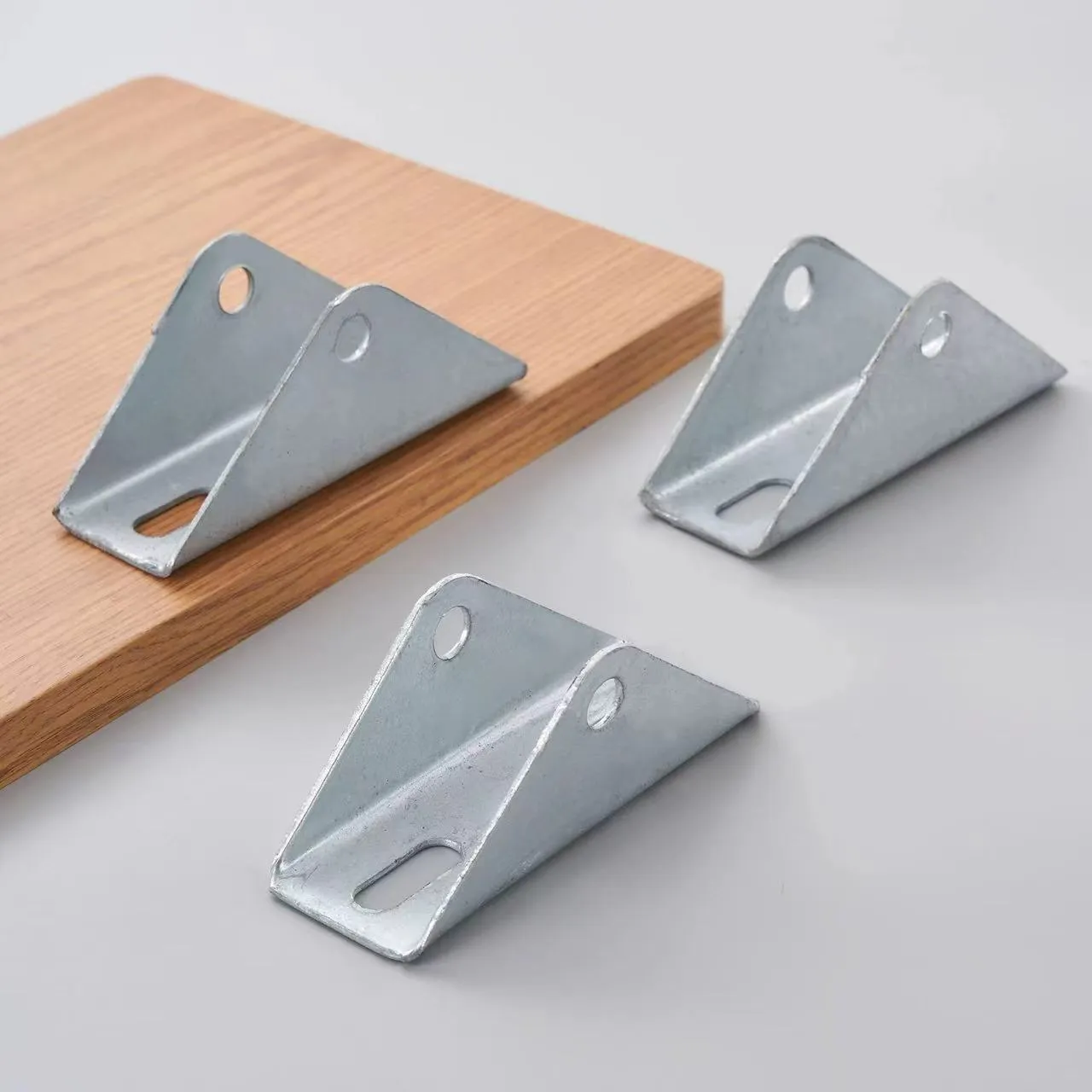

plain steel washers
Dec . 03, 2024 17:25 Back to list
plain steel washers
Understanding Plain Steel Washers An Essential Component in Fastening Technology
Plain steel washers are fundamental components in the world of construction, manufacturing, and DIY projects. They are thin plates, typically circular with a hole in the middle, designed to distribute the load of a threaded fastener, such as a bolt or a screw. This simple yet critical component plays a crucial role in improving the performance and reliability of various assemblies. In this article, we will delve into the features, types, applications, and benefits of plain steel washers.
Features of Plain Steel Washers
Plain steel washers are made from carbon steel, which provides them with strength and durability. These washers come in various sizes and thicknesses, depending on the specific requirements of the application. The main feature of a plain washer is its flat surface, which allows it to bear heavy loads without deforming. This property is exceptionally important in scenarios where the fastener is subject to vibration, as it helps in reducing the risk of loosening over time.
Types of Plain Steel Washers
While there are several types of washers used in different applications, plain steel washers can be classified based on their dimensions and finish. They can be
1. Standard Washers These are the most commonly used washers that conform to national and international standards. They usually come in metric and imperial sizes.
2. Thick Washers For applications requiring higher load-bearing capacity and enhanced durability, thick washers can be used.
3. Flat Washers These have a uniform thickness throughout and are typically used in applications that require even load distribution.
Plain steel washers can also differ in surface finish. Zinc-plated washers, for example, are treated to resist corrosion, while uncoated plain steel washers are usually preferred in environments where rust resistance is less of a concern.
Applications of Plain Steel Washers
Plain steel washers find extensive use across various industries. Here are a few applications where they are indispensable
plain steel washers

- Construction In construction, plain washers are used in securing beams, girders, and other heavy structures where load distribution is critical.
- Automotive They are used in assembling components of vehicles, where they help in maintaining the integrity of joints under vibration and stress.
- Machinery Equipment and machinery assemblies frequently use washers to ensure fasteners remain tight, preventing mechanical failure.
- Furniture Manufacturing When assembling furniture, plain washers help distribute the load of screws and bolts, ensuring stability and durability.
Benefits of Using Plain Steel Washers
The advantages of incorporating plain steel washers in your projects are numerous
1. Load Distribution They effectively spread the load over a larger surface area, minimizing the risk of damage to the material being fastened.
2. Prevention of Damage By acting as a barrier between the fastener and the surface, washers protect against scratches and other forms of wear.
3. Vibration Resistance Plain washers help maintain tightness in fasteners subjected to vibration, thereby reducing the chances of loosening.
4. Cost-Effective Given their simple design, plain steel washers are affordable components that provide excellent value for money in terms of performance enhancement.
Conclusion
In summary, plain steel washers may seem like insignificant components in various assemblies, but their importance cannot be overstated. From enhancing load distribution to providing protection against damage, these washers are integral to the stability and longevity of many structures and machines. Understanding their features, types, applications, and benefits can help both professionals and DIY enthusiasts make informed choices in their projects. Whether you are engaging in construction, automotive assembly, or machinery manufacturing, incorporating plain steel washers into your designs will undoubtedly enhance the durability and reliability of your work.
Latest news
-
High-Strength Hot Dip Galvanized Bolts - Hebei Longze | Corrosion Resistance, Customization
NewsJul.30,2025
-
Hot Dip Galvanized Bolts-Hebei Longze|Corrosion Resistance&High Strength
NewsJul.30,2025
-
High-Strength Hot-Dip Galvanized Bolts-Hebei Longze|Corrosion Resistance&High Strength
NewsJul.30,2025
-
Hot Dip Galvanized Bolts-Hebei Longze|Corrosion Resistance&High Strength
NewsJul.30,2025
-
Hot Dip Galvanized Bolts - Hebei Longze | Corrosion Resistance, High Strength
NewsJul.30,2025
-
High-Strength Hot Dip Galvanized Bolts-Hebei Longze|Corrosion Resistance, Grade 8.8
NewsJul.30,2025

